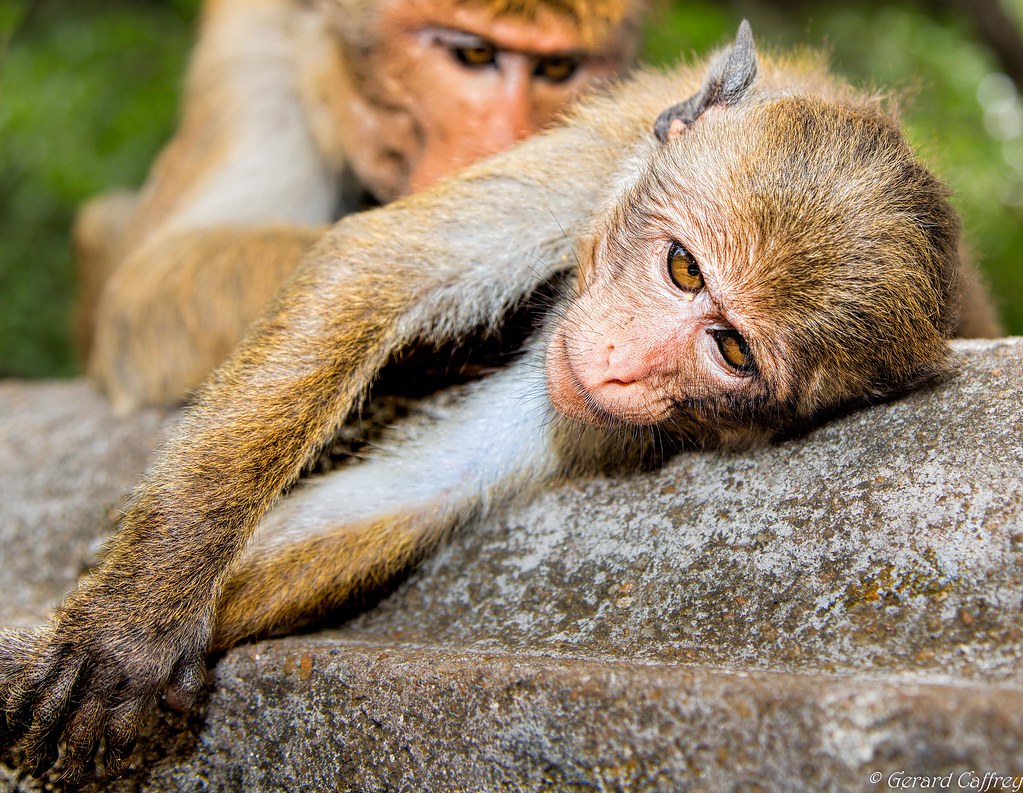Primate Tracking Rules and Regulations in Uganda – Gorillas & Chimpanzees
Uganda is one of the world’s most important primate destinations — home to nearly half of the remaining mountain gorillas and one of Africa’s largest chimpanzee populations. Trekking to see these great apes in their natural habitats — the misty jungles of Bwindi Impenetrable National Park, Mgahinga Gorilla National Park, and Kibale Forest National Park — is a rare privilege.
To ensure both visitor safety and the well-being of the primates, the Uganda Wildlife Authority (UWA) has established strict rules and regulations governing gorilla and chimpanzee tracking. These guidelines help minimize human impact, prevent disease transmission, and promote sustainable tourism. Every trekker must follow these rules to protect Uganda’s fragile primate populations and their forest homes.
General Rules for All Primate Treks
Before you set off into the forest, your ranger guide will brief you on what to expect and how to behave. Whether you’re tracking gorillas or chimpanzees, these basic rules always apply:
-
Minimum age requirement: Only visitors 15 years and older are allowed to trek gorillas or chimpanzees. This age limit ensures maturity, discipline, and reduced health risks to the primates.
-
Permit requirement: Every visitor must have a valid UWA tracking permit for the specific park and date of the trek. Permits are non-transferable and must be booked in advance through UWA or a licensed tour operator.
-
Health condition: Anyone showing signs of contagious illness — such as cough, flu, or diarrhea — is not allowed to participate. Gorillas and chimpanzees share over 98% of human DNA, making them highly susceptible to human diseases.
-
Group size limit: Each gorilla trekking group is limited to a maximum of 8 visitors, while chimpanzee tracking groups are typically limited to 6–8 visitors per session. This minimizes stress and habitat disturbance.
-
Briefing and assigned guides: All trekkers must attend a mandatory pre-trek briefing at the park headquarters, where rules and safety measures are explained. Visitors must remain with their guide at all times during the trek.
Gorilla Trekking Rules in Uganda
Tracking gorillas in Bwindi Impenetrable Forest or Mgahinga National Park is a once-in-a-lifetime experience — and one that requires respect and careful conduct. The following are the official gorilla trekking regulations established by the Uganda Wildlife Authority:
-
Maintain a minimum distance of 7 meters (23 feet) from the gorillas at all times. This helps prevent disease transmission and keeps both you and the gorillas comfortable.
-
Keep your voice low and avoid sudden movements. Loud noises or quick gestures can startle the gorillas.
-
Do not use flash photography. Flash can irritate or frighten the animals.
-
Avoid direct eye contact with gorillas, especially silverbacks, as this may be perceived as a threat.
-
Do not touch the gorillas, even if they approach you. Physical contact can transmit disease and alter natural behavior.
-
Do not eat, drink, or smoke near the gorillas — food scents can attract them or encourage aggression.
-
Follow your guide’s instructions at all times. The rangers are trained to manage all situations and ensure safety.
-
Stay in a tight group when near the gorillas; spreading out can make them feel surrounded or threatened.
-
Visits are limited to one hour once a gorilla family is located. This helps minimize stress and disruption.
-
If a gorilla charges, remain calm, avoid eye contact, and follow your guide’s advice — never run away.
-
Leave no litter in the forest. Carry out all personal belongings and waste.
For those participating in the Gorilla Habituation Experience (offered only in Bwindi), the same rules apply, though visitors are allowed to spend up to four hours with a gorilla group under research and habituation.
Chimpanzee Tracking Rules in Uganda
Chimpanzee tracking takes place in Kibale Forest National Park, Budongo Forest, Kyambura Gorge, and Kalinzu Forest Reserve. Chimpanzees are more active and mobile than gorillas, so tracking them involves a livelier, faster-paced forest walk. The following rules ensure safety and conservation integrity:
-
Maintain a distance of at least 8 meters (26 feet) from the chimpanzees.
-
Do not imitate chimpanzee sounds — they may interpret them as challenges or threats.
-
Avoid sudden movement or pointing directly at chimps.
-
Keep noise to a minimum and avoid crowding them; let the chimps move freely.
-
No flash photography or bright clothing. Muted tones help you blend into the forest environment.
-
Do not eat or drink during the viewing session.
-
Do not chase or follow chimps if they move away. Allow them space to act naturally.
-
Visits are limited to one hour with each habituated chimpanzee community.
-
Stay on designated trails and avoid damaging vegetation or disturbing other wildlife.
-
Report any injuries, illnesses, or emergencies to your guide immediately.
For visitors who opt for the Chimpanzee Habituation Experience (CHEX) in Kibale, you’ll spend up to four hours observing chimpanzees throughout their daily activities — from waking to nesting — under the supervision of researchers and guides.
Health and Safety Regulations
Because gorillas and chimpanzees are highly susceptible to human diseases, UWA enforces strict health protocols:
-
Always wear a facemask when near the primates to reduce the risk of airborne transmission.
-
Sanitize or wash hands thoroughly before and after the trek.
-
Do not sneeze or cough near the primates. Turn away and cover your mouth if necessary.
-
Stay home if sick. Visitors who report symptoms of flu, fever, or respiratory illness are not permitted to trek.
-
Porters are recommended for all trekkers — they help carry bags, reduce physical strain, and support local livelihoods.
Environmental and Ethical Conduct
Primate trekking is designed to be both sustainable and non-invasive. To preserve Uganda’s forests for generations to come:
-
Do not pick or damage plants. The forest is a protected ecosystem.
-
Do not litter or leave anything behind. Even biodegradable waste can harm wildlife.
-
Follow marked trails to minimize erosion and damage to vegetation.
-
Respect local communities. Many live near protected areas and benefit from responsible tourism.
-
Support conservation initiatives through donations or by purchasing locally made crafts.
Penalties for Violating Trekking Rules
UWA strictly enforces these regulations to safeguard both visitors and wildlife. Violating the rules — such as approaching gorillas too closely, ignoring your guide, or trekking while ill — can lead to immediate termination of your trek, permit cancellation, or fines.
These measures are not punitive but essential for protecting Uganda’s endangered primates. The survival of mountain gorillas and chimpanzees depends on maintaining a careful balance between tourism and conservation.
Final Thoughts
Trekking gorillas and chimpanzees in Uganda is more than a safari — it’s a profound connection with our closest relatives in nature. Following these rules and regulations ensures that your visit contributes positively to conservation and local communities. By respecting the guidelines set by the Uganda Wildlife Authority, every trekker becomes part of Uganda’s remarkable story of wildlife protection and sustainable tourism.
Every respectful visitor plays a role in keeping these forests alive — ensuring that future generations can stand where you stand, watching gorillas and chimps thrive in the wild where they belong.





